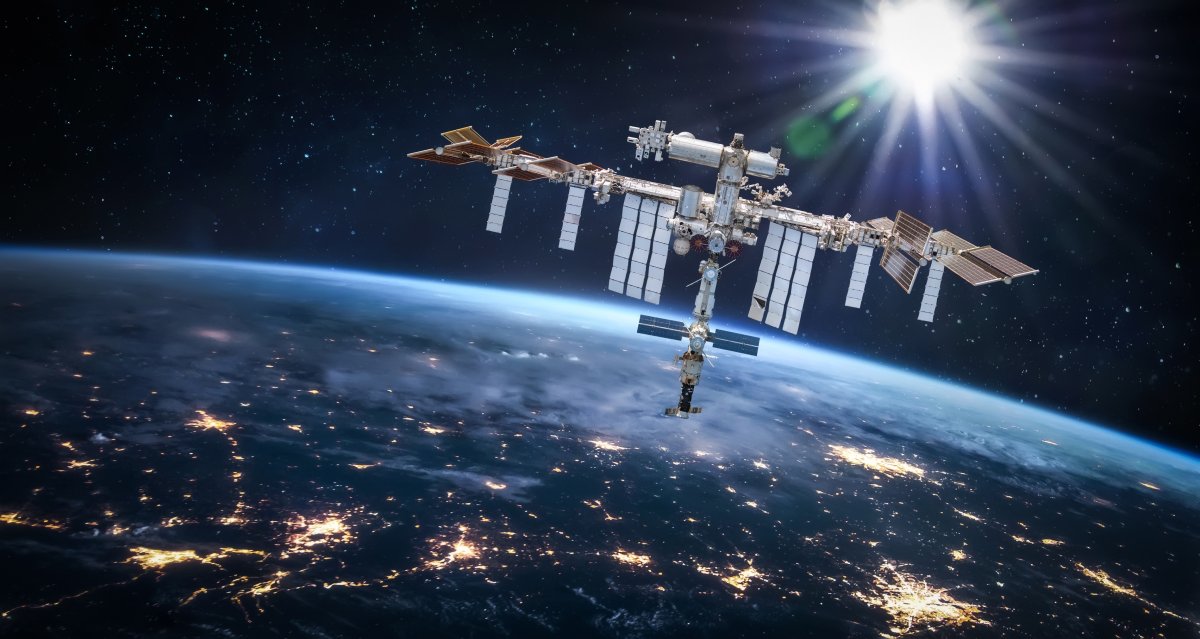Roscosmos, the Russian space agency, has announced plans for a new space station in the wake of Moscow pulling out of the International Space Station (ISS).
According to state-affiliated news agency Tass, Roskosmos's Energia Rocket and Space Corporation unveiled a model of a Russian orbital station at the Army-2022 forum, which included multiple research modules, a service platform, and a docked prospective Oryol spacecraft.
Roscosmos showed a model of the new orbital station. At present, RKK Energia continues to work on the draft design of the station.#Roscosmos pic.twitter.com/YaBMBLqrSR
— Laks🚀🌌✨ (@laks513) August 15, 2022
This comes after Yuri Borisov, the director general of Roscosmos, announced in July that Russia was withdrawing from the ISS after 2024 and planning to build its own station.
"The decision to leave the station after 2024 has been made," Borisov said in a meeting with Russian President Vladimir Putin. Borisov had replaced Dmitry Rogozin as the new director general of Roscosmos only a few days before.

However, whether Russia will actually withdraw has become increasingly unclear. During a NASA live briefing on August 4, Sergei Krikalev, Roscosmos executive director of human space flight programs, said that the statement by Borisov may have been "lost in translation", and that "the statement actually said that Russia will not pull out of the program until after 2024".
"This means up until the end of 2024 there will be no changes. And after 2024 may mean 2025, 2028 or 2030, and this specific concrete decision about a termination of the program will be based on the technical condition of the station and the assessment of all partners," he said.
After Borisov's announcement in July, Roscosmos released a blueprint for its planned Russian space station on social media, but the Army-2022 forum is the first time that a physical mock-up has been displayed.
Russia and the U.S. have collaborated on the ISS since the 1990s, despite occasional tensions.
This isn't even the first time that Russia's military actions have caused issues in space: in response to U.S. sanctions over the invasion of Crimea in 2014, Russia said that NASA wouldn't be allowed onto the ISS by 2020. The current plans for a Russia-only space station and isolation from the ISS is similarly linked to the international condemnation of the Russian invasion of Ukraine.
While the plans for this station have now been revealed, whether or not it comes to fruition is yet to be seen.
"I think this is posturing by the Russians. They don't have the money to build their own station and it would take several years to do it. They've got nothing else if they go this route," former ISS commander and retired US astronaut Dr Leroy Chiao, told the BBC.
If Russia does indeed leave the ISS and build their own station, the ISS will have to adapt to life without Roscosmos's collaboration.
Russia operates six of the ISS's 17 modules, including the Zvezda module containing the main engine system. The ISS also relies on regular orbital boosts from Russian Progress spaceships to keep the station in orbit. Without Russia, NASA will have to do this alone. However, NASA has been testing the use of a Northrop Grumman Cygnus spacecraft to re-boost the station, which succeeded for the first time in June this year.
Uncommon Knowledge
Newsweek is committed to challenging conventional wisdom and finding connections in the search for common ground.
Newsweek is committed to challenging conventional wisdom and finding connections in the search for common ground.
About the writer
Jess Thomson is a Newsweek Science Reporter based in London UK. Her focus is reporting on science, technology and healthcare. ... Read more
To read how Newsweek uses AI as a newsroom tool, Click here.








